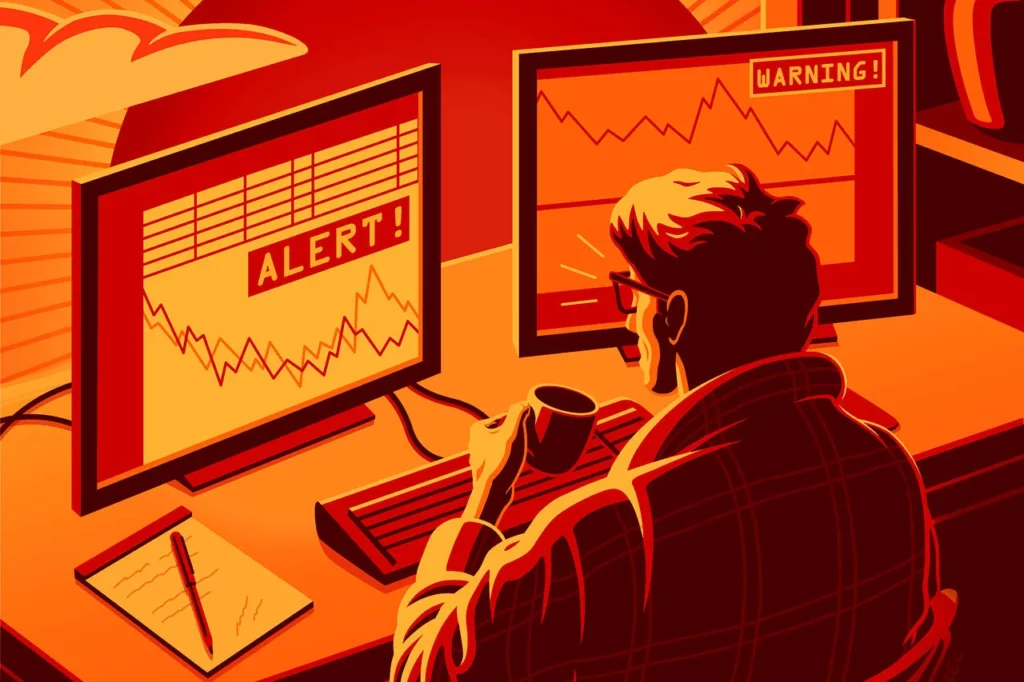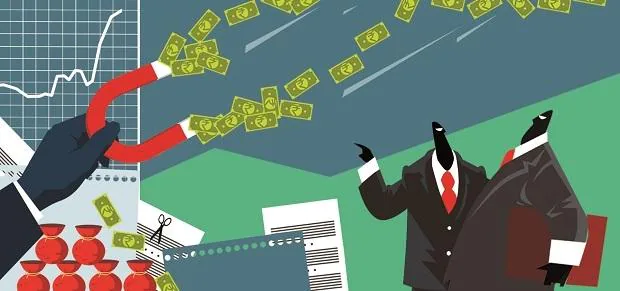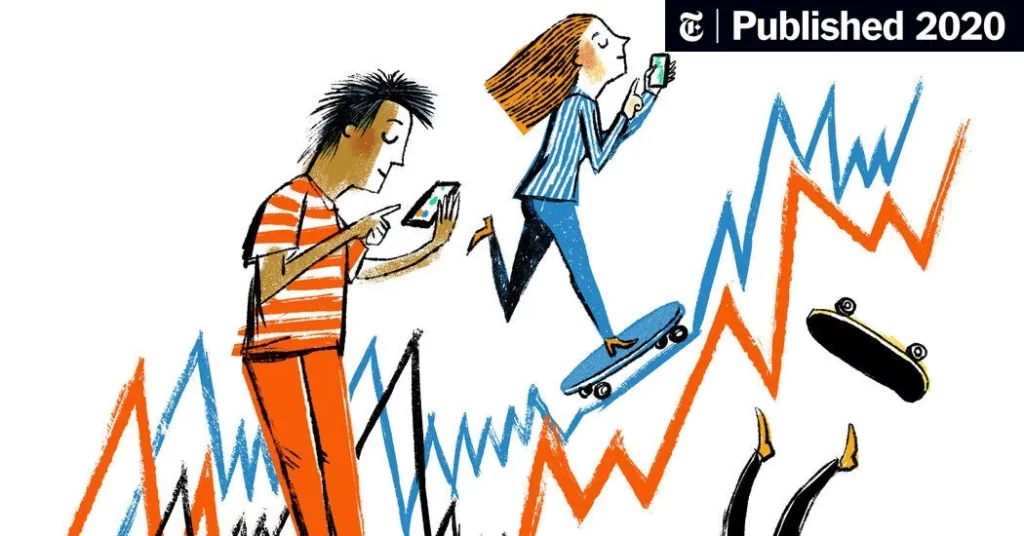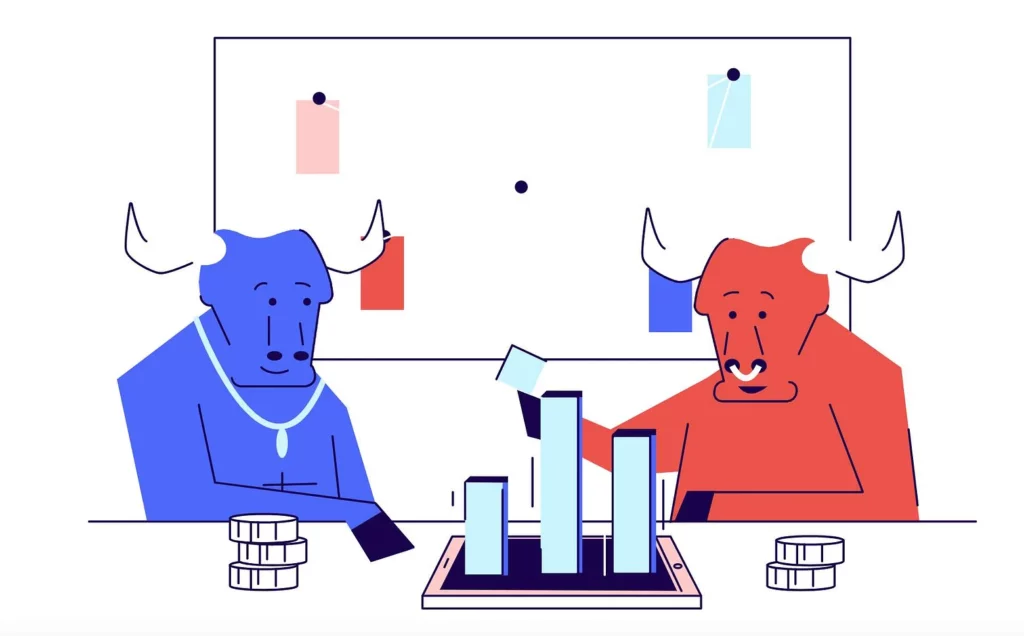Psychology and Risk Management
• What to expect
• Risks
• Position sizing
• illusion of control
• Accepting critisism
• Paralyzed by fear
• Loss is a feedback, not a failure
• The flexible trader
• Focusing on the positive
• Short straddle
• The dynamics of greed
• The herd mentality
• Notes
For six months, Jim has been trading. He had Rs 5,000 to start, but now he just has Rs 1,500. He’s beginning to worry, now. He’s angry and frustrated. I believe it is difficult to trade and make a life, he says to his friend Jason. I’ve put in six months of labour, but I’ve lost money. I haven’t earned anything. I don’t think it’s possible to trade profitably.
Any of this familiar to you? Jim is suffering from a condition that many beginning traders experience. He had high expectations for quick success, but trading has more drawbacks than he anticipated and cannot handle. He’s frustrated because success has eluded him. Profitable trading is challenging, in fact. The general consensus among professionals is that less than 20% of people who attempt trading will have long-term success.
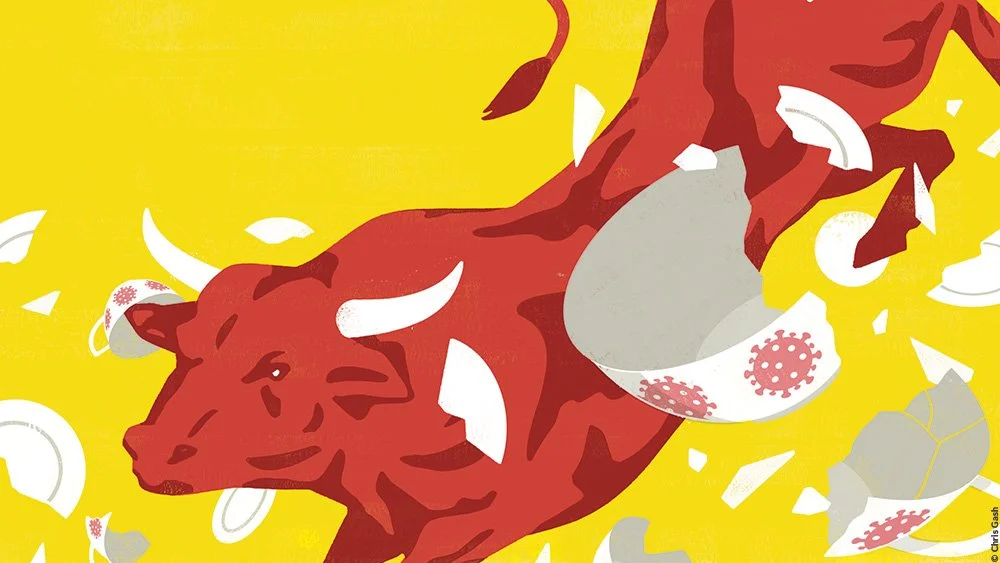
You need to be upbeat if you want to be a good trader. You must firmly believe that if you work hard enough, success will eventually come to you. That does not imply that you should adopt a pessimistic outlook. That doesn’t mean you should try to downplay how challenging and demanding trading is or that you should be frightened to tackle such issues. Instead, you must be willing to accept and meet the obstacles. You must recognise them and take decisive action to address them. It’s challenging to accomplish this.
The more your financial resources, the more likely it is that you can find long-term success. In order to learn how to trade and obtain the experience you need to perfect your trading skills, you must also put in a lot of time in the beginning. You won’t be able to accomplish your objectives by pretending that you don’t need to fulfil these requirements. You won’t be able to give up easy. You must possess the ability to persevere in the face of unfathomable challenges. And you must not give a damn what people think. You must respond, “Maybe it can’t be done, but I’m going to do anything I can to see whether I’m one of the few who can,” if they claim it’s impossible.

